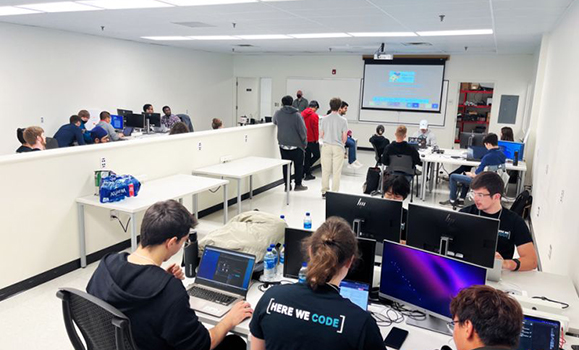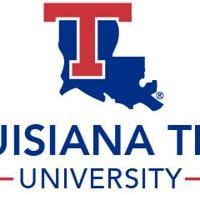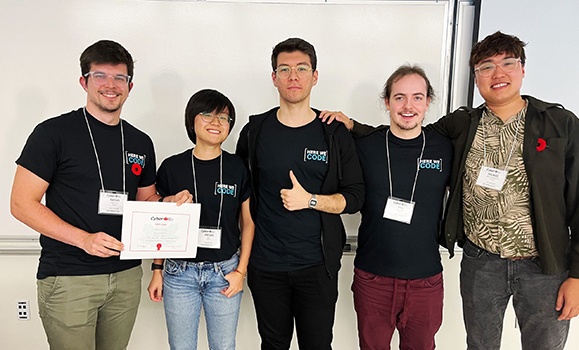Tag Archive for: Students
Merced College Provides Notice of Data Breach to Students Following Malware Attack | Console and Associates, P.C.
/in Computer Security
On March 9, 2023, Merced College (“MCCD”) filed a notice of data breach with the Attorney General of California after learning that a malware attack resulted in confidential student information being exposed to an unauthorized party. Based on the company’s official filing, the incident resulted in an unauthorized party gaining access to consumers’ names, addresses and other Personally Identifying Information (“PII”). After confirming that consumer data was leaked, Merced College began sending out data breach notification letters to all individuals who were impacted by the recent data security incident.
If you received a data breach notification from Merced College, it is essential you understand what is at risk and what you can do about it. As we’ve previously reported, hackers have shown an increased interest in targeting schools, colleges and universities; however, these institutions have been slow to adjust to the increased threat. To learn more about how to protect yourself from becoming a victim of fraud or identity theft and what your legal options are in the wake of the Merced College data breach, please see our recent piece on the topic here.
What We Know So Far About the MCCD Data Breach
The available information regarding the Merced College breach comes from the company’s filing with the Attorney General of California. According to this source, on November 3, 2022, MCDD noticed that some of the organization’s computer systems had been encrypted. Further investigation revealed that the devices were encrypted as a result of a malware attack. In response, MCCD launched an investigation into the incident to determine what, if any, student and faculty information was leaked as a result.
The Merced College investigation confirmed that an unauthorized party had gained access to the school’s IT network between October 25, 2022 and November 3, 2022. It was also determined that some of the files that were accessible to the unauthorized party contained confidential information belonging to certain students and faculty members.
Upon discovering that sensitive consumer data was made available to an unauthorized party, Merced College began to review the…
Louisiana Tech students receive positive recognition for hacking | North Louisiana
/in Internet Security
Cyber engineering, computer science team publishes a paper and presents research on popular app vulnerabilities
Hacking a safety app netted a Louisiana Tech University Computer Science graduate student a publishing credit, a trip to Hawaii, and the opportunity to present the research at an international conference.
Louisiana Tech Cyber Engineering alumnus and current MS Computer Science and CyberCorps Scholarship for Service student Jonah Fitzgerald (‘22), along with fellow Cyber Engineering program alumni Thomas Mason (‘22) and Brian Mulhair (‘22), discovered a vulnerability in the Louisiana Department of Health COVID Defense contact tracing app that allows hackers to attack neighboring devices.
As seniors researching a paper assignment for Dr. William Bradley Glisson’s Computer Science 448/543, Cyber Engineering 404 “Reverse Engineering” class, the team discovered the symptoms history share feature of the app could be modified to send a malicious link via email, WIFI, and nearby share systems. The team was able to demonstrate two attacks using the link: They were able to harvest credentials by redirecting users to a fake page resembling the My.LA.Gov page and installing an Android app on the target phone to access all the information in that phone.
With additional guidance from Glisson, the team improved their results, presented the research to Glisson’s Cybersecurity Information Technology Exploration Research Group, and submitted the paper to the conference.
Fitzgerald then had the opportunity to travel to Ka’anapali Beach on the island of Maui to present the team’s findings at the 56th Hawaii International Conference on System Sciences “Internet and the Digital Economy” track and “Cybercrime” mini-track.
“I wanted to get involved with this research because I felt I could make a meaningful contribution to improving mobile app security and fighting the COVID-19 pandemic,” Fitzgerald said. “I feel that my Tech education in cyber engineering prepared me for success in solving these types of problems by rapidly learning new concepts like reverse engineering and tackling tough challenges in…
Dal computer science students hack their way to national competition – Dal News
/in Computer Security
Four hours: That’s how long students had to penetrate the corporation’s network and expose its vulnerabilities.
While the network under attack during the CyberSci Regional Challenge was fictional, the skills on display by Singularity and Aurora — two four-person Dal teams — were very real.
Singularity scooped up top spot in Atlantic Canada for its performance in the annual hacking competition held in New Brunswick last fall. In doing so, the students also landed a spot in national competition this coming summer by ranking fourth overall nationally against other teams competing in similar regional challenges. Aurora ranked fifth nationally.
For Singularity, it means competing again this July. Being ranked fourth nationally was fulfilling for the entire team but it meant a great deal for PhD student Rafael Copstein, Singularity’s team lead, who has recently secured a teaching position within the Faculty of Computer Science.
“Seeing us ranked fourth nationally was very rewarding for me,” he says. “Especially considering that I am now teaching a focused course on the subject, I feel qualified to guide our students into better results in these kinds of challenges.”
Unlocking potential
The competition is meant to challenge students and push them to their full potential all while creating networking and career opportunities.
Singularity, Aurora and the other teams competing were presented with a realistic corporate network that forced them to think about how an attacker would approach entry into the system. Students were faced with multiple problems of varying difficulties. Each competitive event tested the students for problem-solving, communication, creativity, and teamwork.
“We started by tackling some of the problems that were worth less points, hoping they would be easier to solve,” explains Rafael. “Some of the harder problems required more attention and more time, so we would put a single member to work on those while the others continued to analyze and discuss the other problems.”

Undergraduate student Logan MacDougall of Aurora echoes this: “Our team made sure to take full advantage of the tools we learned from our sessions. We would each tackle…



